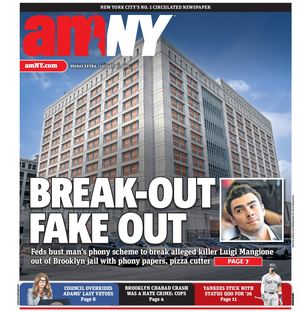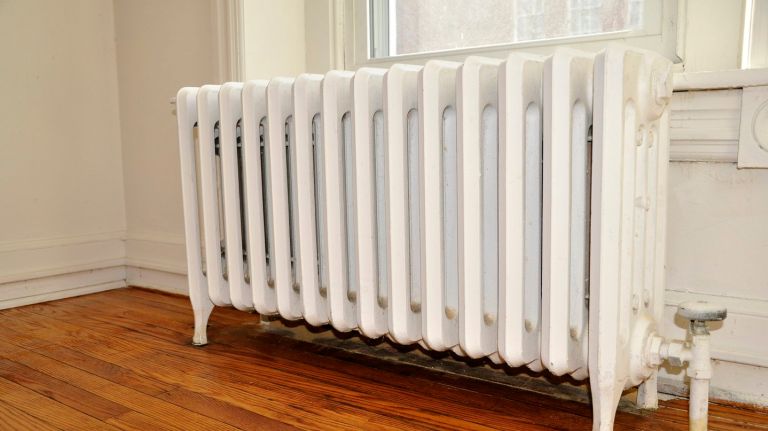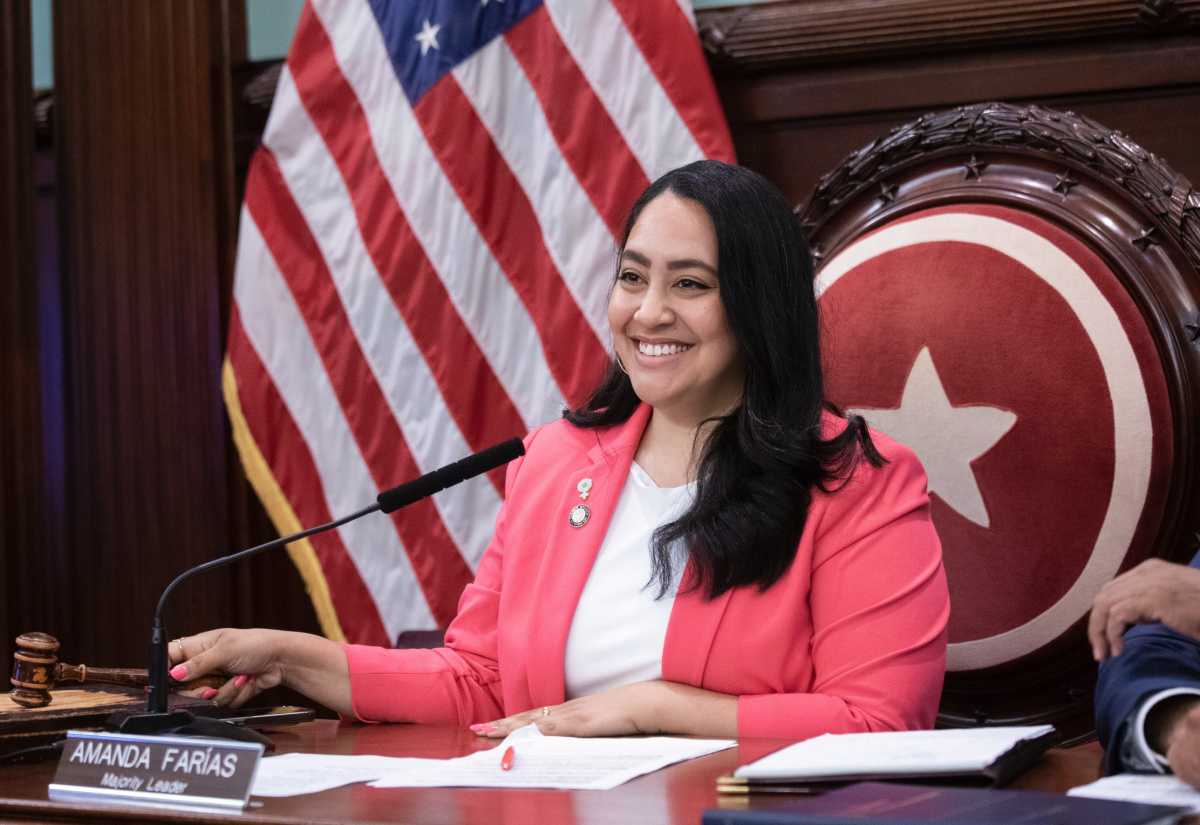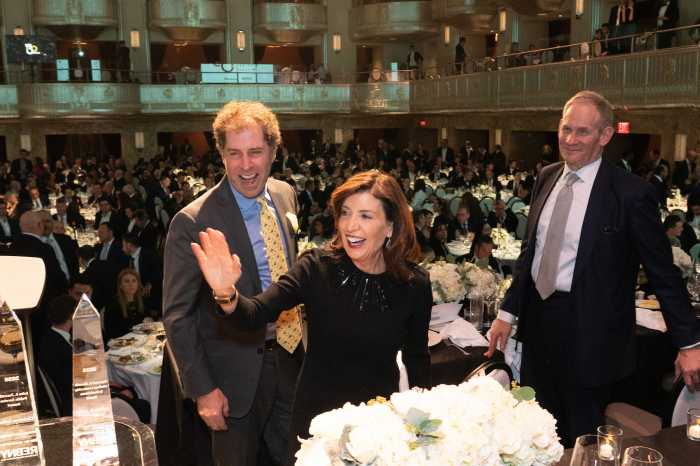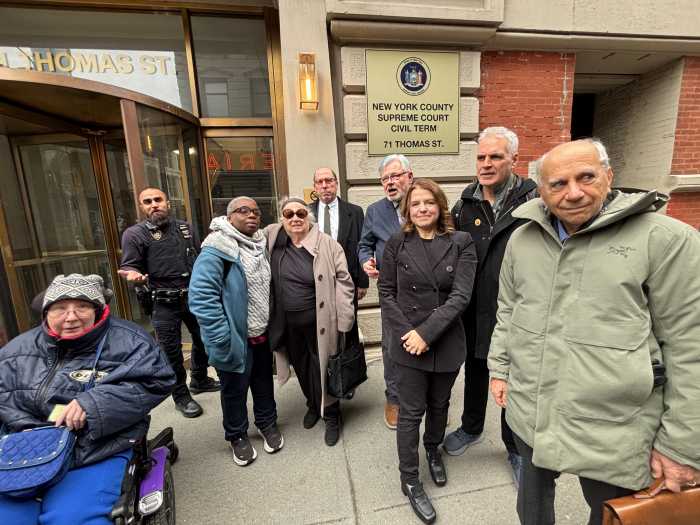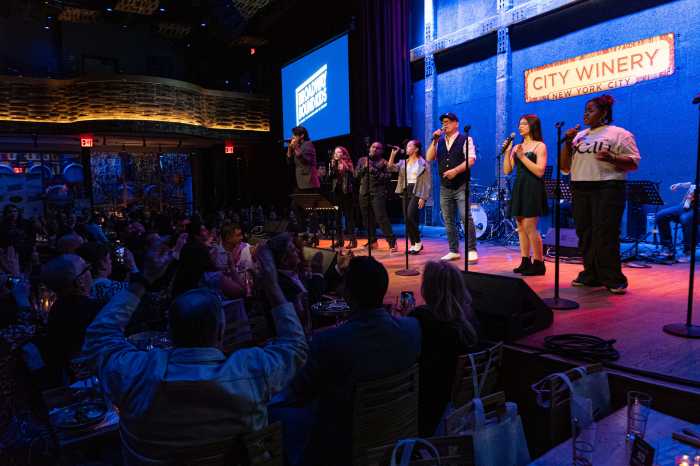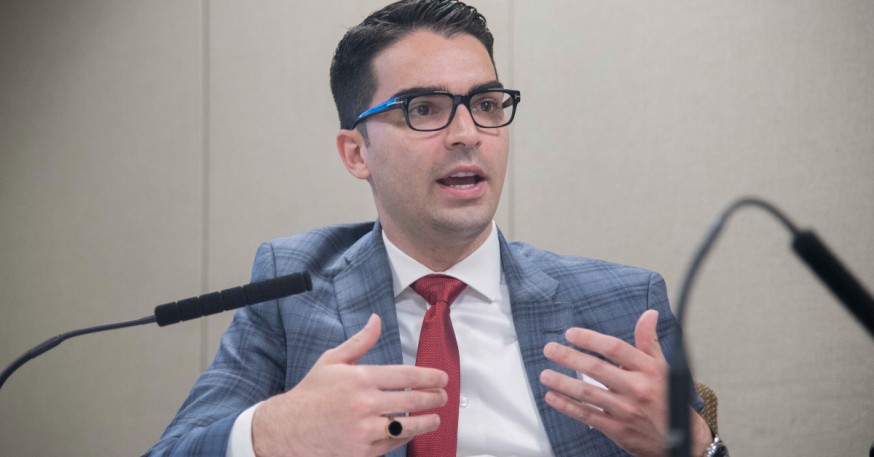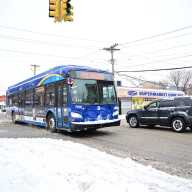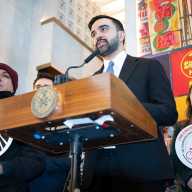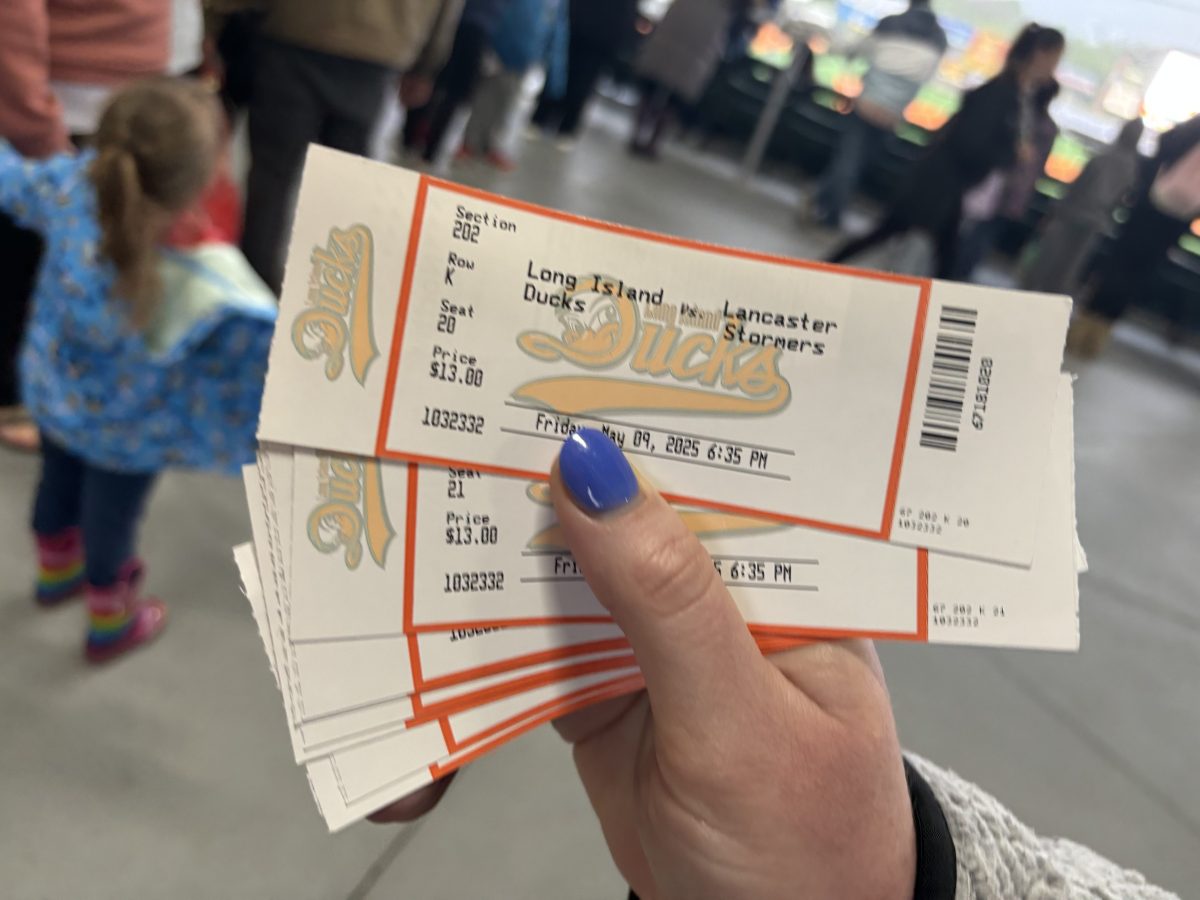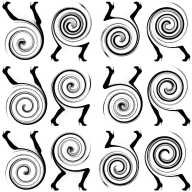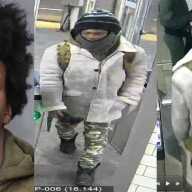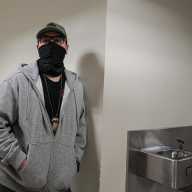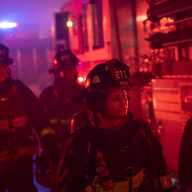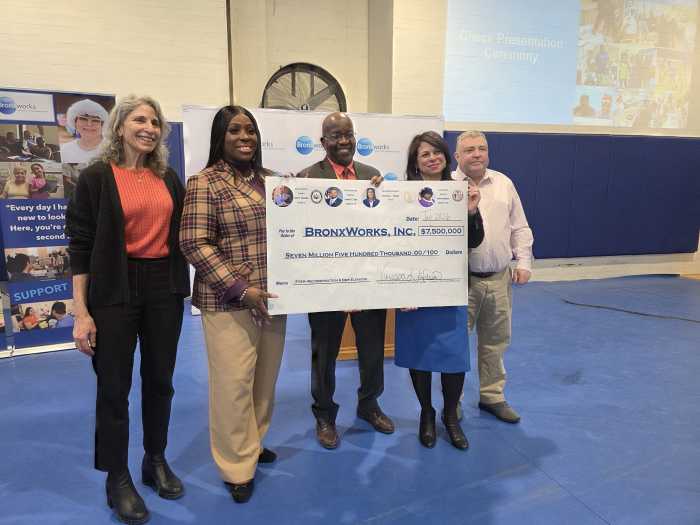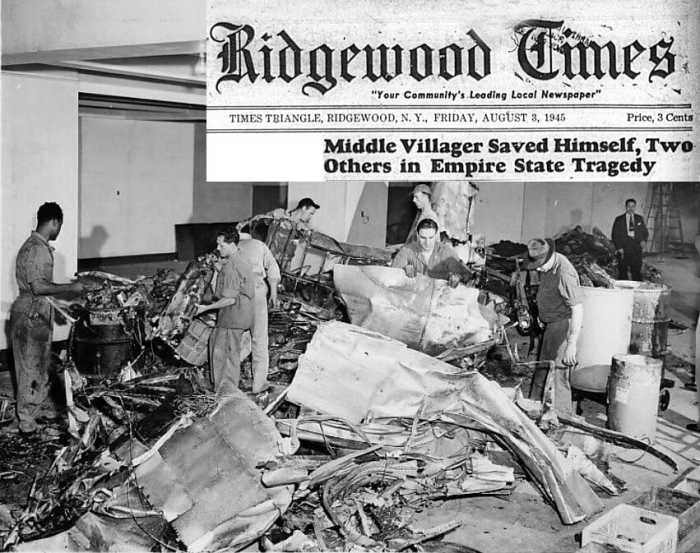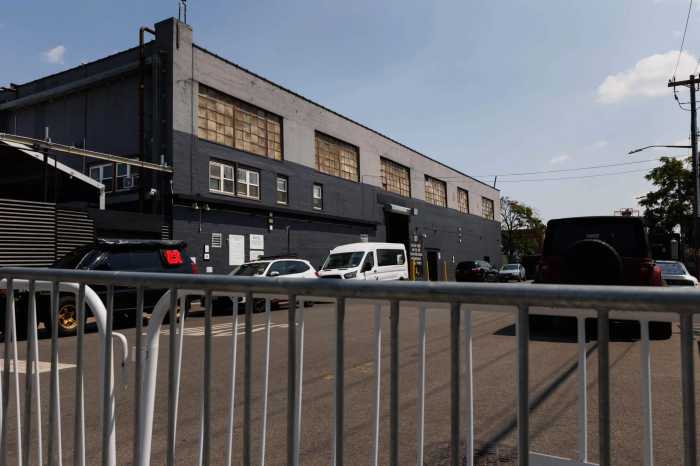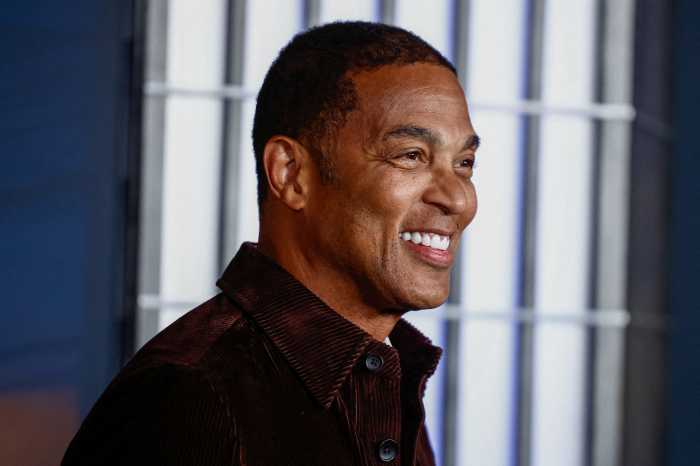
New York City has been in a deep freeze for nearly two weeks, with temperatures below 30 degrees since Christmas night. But most residents know they can escape the cold at home.
That is because, in the city, it is “heat season,” the period from Oct. 1 to May 31 when building owners must maintain certain minimum temperatures. If temperatures dip below 55 degrees outside during the day (6 a.m.-10 p.m.), home must be heated to at least 68 degrees. At night (10 p.m.-6 a.m.), apartments must be kept at 62 degrees or higher no matter what the temperature is outside.
For New Yorkers whose radiators have gone cold, the city Department of Housing Preservation and Development can help. But first, talk to your landlord or super, said Matthew Creegan, HPD deputy press secretary. He said landlords are often aware of the problem or can fix it.
If the heat still does not kick in after a talk, call 311. HPD will take over, following up with a phone call and an inspection, if necessary.
There were 3,048 heat complaints on Jan. 3, the last day reported on the HPD website. Creegan said those are not all separate incidents, as people often call multiple times or multiple residents at one property call. But he acknowledged that it is still a heavy workload.
“We have a team of inspectors,” he said. “Twelve-hour shifts — there’s a lot of them, and they work a lot.”
Creegan said “prolonged periods of below-freezing temperatures” prompt “additional inspectors and maintenance staff, sometimes doubling the normal number,” but he did not offer more details.
This is the first heat season under more restrictive nighttime requirements, enacted last May. The old rules required inside temps of 55 degrees at night, but only if it was below 40 degrees outside.
Perhaps the new regulations — or the relatively cold winter — have driven up the number of complaints, which are up 13 percent from last year, with 108,077 complaints logged, as of Jan. 3.
Jeffrey Homapour, a landlord-tenant attorney in private practice in Brooklyn, said he has seen more issues arise under the stricter requirements, but he feels the city generally does a good job responding to heat complaints.
“NYC takes heat and hot water complaints very seriously,” Homapour said in an email, treating violations at “the highest level . . . requiring immediate correction.”
He said the system works because tenants have a clear process to get results and because building owners are better served by handling problems before the city gets involved.
In addition to daily fines, “landlords who fail to address the violations imposed can often face hefty emergency repair liens which are levied against their building to pay the city back for repairs made by city contractors,” Homapour said.
Last season the HPD conducted $1.8 million in “heat-related emergency repairs, such as fuel delivery, boiler repairs or hot water repairs,” according to the city. Property owners were eventually billed for all those repairs.
Attorney Judith Goldiner, who is in charge of the civil law reform unit at Legal Aid Society, agreed the HPD does a good job responding to complaints, but expressed concern about New York City Housing Authority residents. NYCHA properties are not overseen by HPD and she had heard many lacked heat.
The New York Times confirmed that fact on Saturday, reporting that “some 15,000 people, about one of every 11 living in agency buildings, did not have heat at some point during the storm.”
